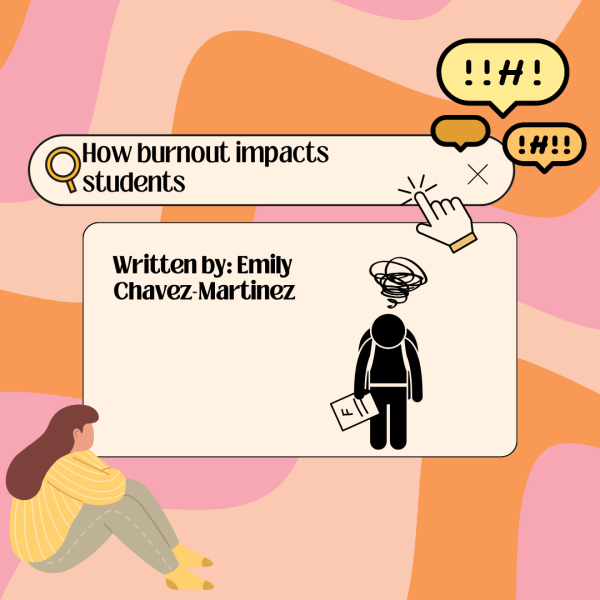The Science Behind Our Emotions
Insight into what occurs in our bodies, why we experience our emotions, and so on.
With the CDC announcing a new mental health crisis in 2022, and it continuing to be in effect, now may be a good time to understand why we experience what we do, and what goes on behind the scenes. Knowing the science behind your own mind could even help regulate some of these emotions, especially when environmental factors are in play.
According to Oxford Languages, emotion is “a natural instinctive state of mind deriving from one’s circumstances, mood, or relationships with others.” Essentially, it is a reactive response that fluctuates due to environmental factors.
The Science of Emotion (The Library of Congress) elaborates on this, stating that “Emotion is an adaptive response, part of the vital process of normal reasoning and decision-making. It is one of the highest levels of bioregulation for the human organism and has an enormous influence on the maintenance of our homeostatic balance and thus of our well-being.”
Due to this, emotions end up controlling every single reaction that we produce as well as our mental state.
However, there are actually three sub-categories of processes that create these reactions: subjective experiences, physiological responses, and behavioral responses.
Subjective experiences are essentially simplistic or complex situations that occur, which stimulate your emotions (UWA Online). These experiences can be as mundane as seeing a certain color, or as complex as dealing with a break-up.
After this process, physiological responses come into play. These are the reactions our nervous systems have to a situation, as our nervous system controls every response that we produce when experiencing emotion (UWA Online).
Funnily enough, our facial expressions (which are also affected by the physiological response) play the largest role in how expressive we will be when experiencing an emotion (National Library of Medicine).
For example, when angered and your face clearly expresses the emotion, your body will react to how much emotion you are choosing to reveal. Thus, you will likely take a more defensive stance or be prone to throwing your hands around.
Finally, behavioral responses are the actual expression of the said emotions (UWA Online). An example of this could be when you smile when receiving good news.
But, these behavioral responses have the most effect on our physical well-being. According to the Journal of Abnormal Psychology, suppressing these expressions can lead to elevated heart rates, which can later negatively impact an individual.
So, with all these processes combined, they help us healthily express our emotions. Bottling them up and refusing to react can harm your mental and physical health in the long run, so it is recommended to not withhold the expressions.
The reactions do not have to be intensive; they could be as simple as a small smile, grimace, or so on.
Understanding the processes behind our emotions gives us the ability to have emotional intelligence, which is the “ability to understand and manage your own emotions, as well as recognize and influence the emotions of those around you” (Harvard Business School).
With emotional intelligence comes a better understanding of who we are as an individual and helps us establish a sense of identity.
Emotional intelligence is especially important in teens, as they are trying to establish that said sense of identity, and it could prove to be quite a challenge to navigate without it.
Due to this, it is important to provide teens with the needed support to assist them in finding who they are as well as how they would like to express themselves.
Being at the largest school in Michigan, it can be quite difficult to recognize the struggles our peers face, especially that with every passing day, we end up seeing new faces.
Certainly not one day is the same, which makes it easy to be distracted from our surroundings and ourselves, so students attending Dakota especially should take precedence in focusing on who they are.
Your donation will support the student journalists of Dakota High School. Your contribution will allow us to purchase equipment and cover our annual website hosting costs.

Jade Lilly is a senior at Dakota High School. This is her first year writing for the Dakota Planet, but she has plenty of experience towards writing professional...













